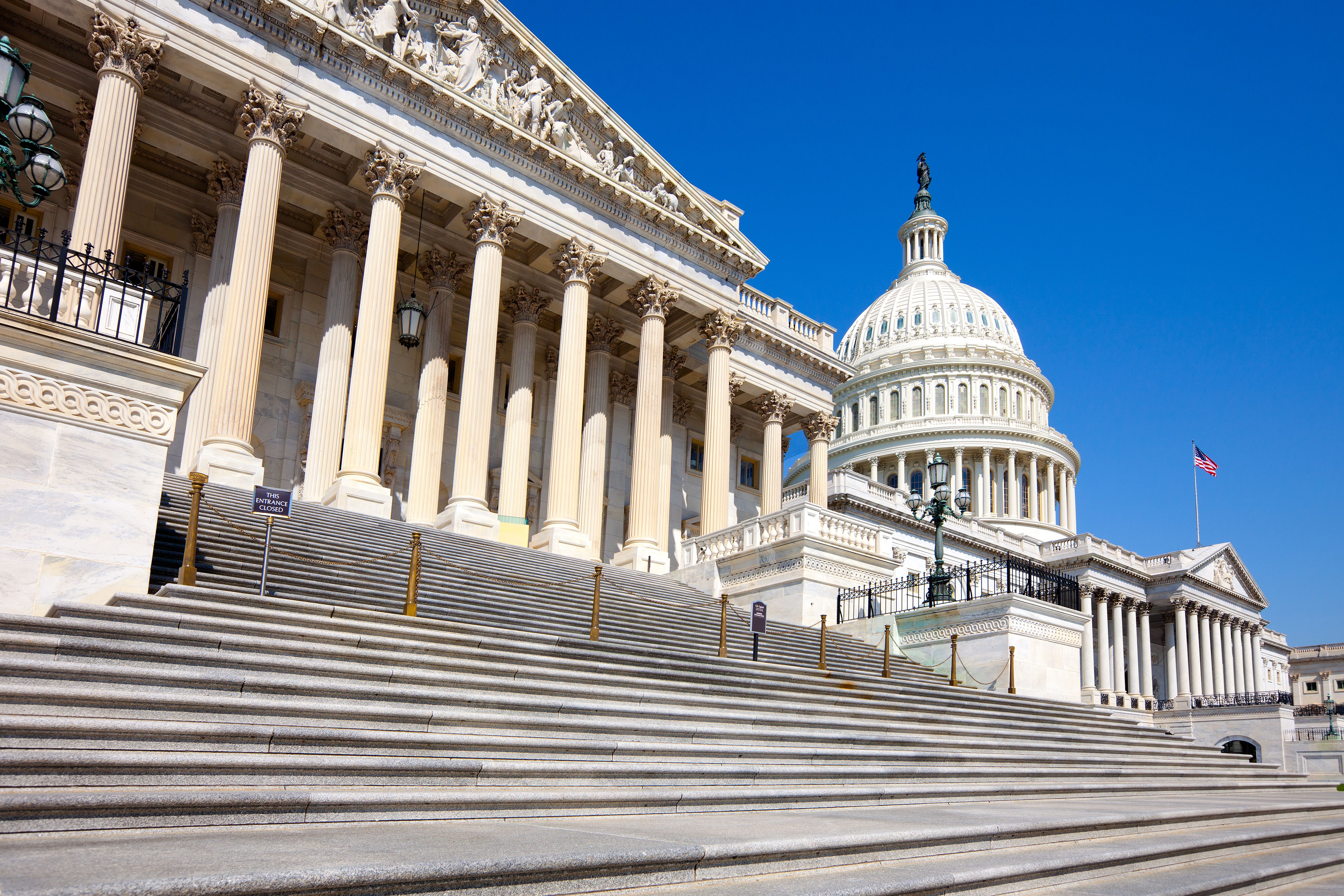Change Healthcare cyberattack: Hospitals ask Congress to speed up payments
Lawmakers should lift restrictions on the federal government to help providers get assistance more quickly, the American Hospital Association says.
Hospitals are looking for Congress to help accelerate financial relief due to the Change Healthcare cyberattack.
Hospital are pushing Congress to speed up payments to health systems affected by the Change Healthcare cyberattack.

The American Hospital Association says lawmakers must enable the federal government to move more quickly to provide help to those suffering financial distress due to the attack. The association sent a letter this week to leaders of the House Ways and Means Committee: U.S. Reps. Jason Smith, R-Mo., and Richard Neal, D-Mass.
The Centers for Medicare & Medicaid Services announced plans to send expedited payments to hospitals. But the hospital association says under federal statutes, the CMS can only offer such assistance for a limited time. The U.S. Department of Health & Human Services has begun an investigation into the cyberattack.
With hospitals hurting financially, they need more assistance in a more timely fashion, the AHA says.
“The AHA continues to urge that Congress consider any statutory limitations that exist for an adequate response from CMS and HHS to help minimize further fallout from the Change Healthcare cyberattack,” Richard Pollack, president and CEO of the American Hospital Association, wrote in the letter.
“The Administration has limited tools available, particularly because, unlike with COVID-19, the government is not operating under a declared Public Health Emergency and National Emergency.”
The hospital association notes that while CMS has offered accelerated payments, the agency can only do so for a maximum amount of 30 days.
The agency also is requiring full repayment within 90 days, and the hospital association also said the terms include “very high interest rates,” Pollack wrote.
“We are concerned that this program is limited in its impact due to certain statutory constraints, including the repayment timeline and interest rate,” the letter stated.
Nationwide, 94% of hospitals said they are suffering some financial impact from the Change Healthcare attack, according to a survey released last week by the hospital association. Nearly 60% of hospitals said they have seen revenues fall by $1 million per day, or more. About three-quarters of hospitals (74%) said they are seeing patient care affected as well.
“Hospitals, health systems and other providers are experiencing extraordinary reductions in cash flow, threatening their ability to make payroll and to acquire the medical supplies needed to provide care,” Pollack wrote in the letter.
Medical groups and physicians have also been struggling due to disruptions in getting payments, filing claims and securing approvals from insurers.
The fallout of the cyberattack could hurt the credit ratings of smaller hospitals and providers, Fitch Ratings said this week.
UnitedHealth Group, the parent company of Change Healthcare, said this week that it has distributed $2 billion in assistance to help hospitals and other providers affected by the attack. UnitedHealth said Change Healthcare began releasing medical claims software this week, which the company said is a key step in restoring services.
The federal government has asked insurers to speed payments to providers and relax deadlines for filing claims or appeals.
Hospitals are worried that they could face “billions in denials for technical reasons beyond their control as a result of the Change Healthcare outage,” Pollack wrote in the letter.
“The federal government does have statutory limitations to require private payers to take all the actions that may be needed, and Congress may need to take specific steps to ensure the health care system is not disrupted for patients,” he wrote.
In announcing an investigation of the cyberattack, the health department cited the “unprecedented magnitude” of the attack and the direct threat to patient care.
Children’s hospitals face complex challenges dealing with disasters
April 18th 2025Pediatric hospitals deal with different factors in weather-related events and other emergencies. Terri Wilson of the Children’s Hospital Association talks about the challenges and the need for more planning and support.
Telehealth faces a looming deadline in Washington | Healthy Bottom Line podcast
February 12th 2025Once again, the clock is ticking on waivers for telemedicine and hospital-at-home programs. Kyle Zebley of the American Telemedicine Association talks about the push on Congress and the White House.